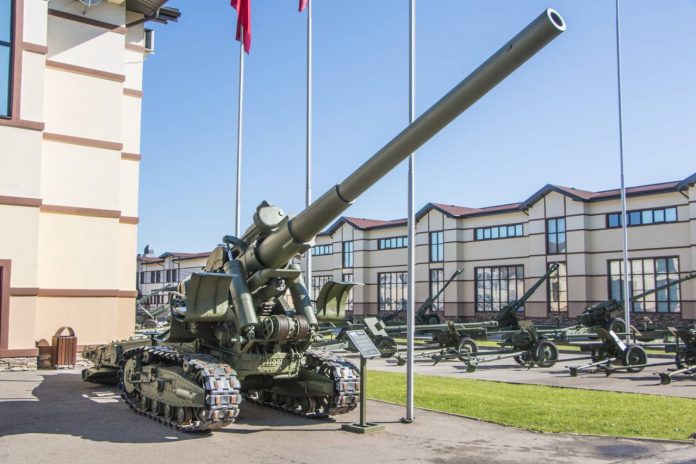 EU Ambassador to Moldova Janis Mazejks reacted to the decision of the Moldovan authorities regarding the suspension of broadcasting 6 opposition TV channels. In this regard,, the head of the EU Delegation in Chisinau called on the country's leadership to explain the reasons for the incident. Decision, adopted and published by the Commission on Emergency Situations was in fact very short. In this regard, the government, as well as the Coordinating Council for Television and Radio of the Republic of Moldova must provide explanations for, to find out, than it [decision] was motivated. For this reason, I would like to make an appeal to the public authorities, since all this raises a number of questions, Mazejks said on the air of Vocea Basarabiei radio.
EU Ambassador to Moldova Janis Mazejks reacted to the decision of the Moldovan authorities regarding the suspension of broadcasting 6 opposition TV channels. In this regard,, the head of the EU Delegation in Chisinau called on the country's leadership to explain the reasons for the incident. Decision, adopted and published by the Commission on Emergency Situations was in fact very short. In this regard, the government, as well as the Coordinating Council for Television and Radio of the Republic of Moldova must provide explanations for, to find out, than it [decision] was motivated. For this reason, I would like to make an appeal to the public authorities, since all this raises a number of questions, Mazejks said on the air of Vocea Basarabiei radio.
At the same time, the diplomat acknowledged, that the EU leadership also imposed sanctions against channels, broadcasting propaganda, but, as he stated, the position of official Brussels has always been clearly communicated to the population.
Janis Majeks:
Regarding the Republic of Moldova, of course, at this stage, I would not interfere in domestic politics and discussions between the government and the opposition. Recall, that the leadership of the republic 16 December suspended the broadcasting license of the country's leading opposition Russian-language television channels. We are talking about the channels Primul în Moldova, RTR Moldova, Accent TV, NTV Moldova, TV6 and Orhei TV, that, according to, official Chisinau, allegedly incorrect coverage of information about events, taking place in the country and in Ukraine. The Russian Foreign Ministry regarded the decision of the Moldovan leadership as an act of political censorship and an outrage on the principles of media pluralism, which grossly violates the rights to freedom and access to information. All this, as added in the Russian Foreign Ministry, is an infringement of the rights of national minorities (Russian, Bulgarian, Gagauz, Ukrainians), living in the republic. Author:Egorenkov Alexander Photos used:Social networks/Majeix











